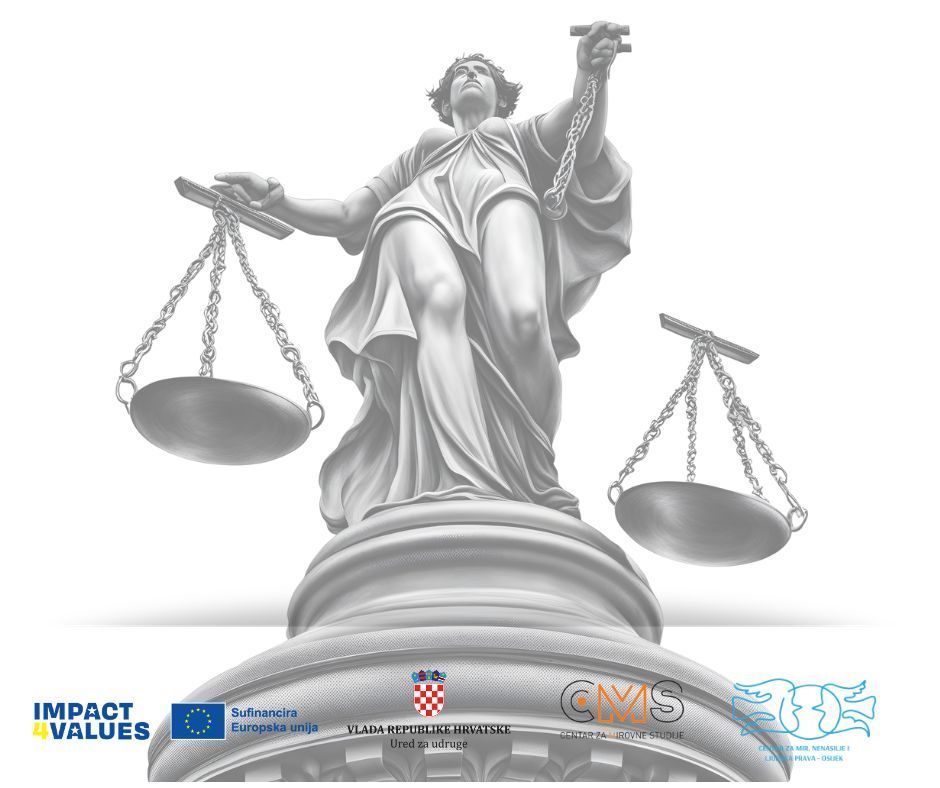The main problem that this project will address is the requirement for beneficiaries of the Guaranteed Minimum Income to engage in unpaid work for the common good, which may potentially be discriminatory and contrary to economic and social rights as well as the constitutional principles of the Republic of Croatia.
The solution to this problem is seen in a focused multi-methodological approach (research, policy recommendations, advocacy, information, public campaign, and direct support to Guaranteed Minimum Income beneficiaries) with the aim of influencing legislative changes, namely the removal of the conditionality of social assistance.
The main (general) objective of the project is to strengthen the advocacy/watchdog role of civil society in the field of socio-economic rights, with a focus on the welfare state shaped by the Social Welfare Act.
Additional project objectives include promoting EU values and increasing support for vulnerable groups, specifically Guaranteed Minimum Income beneficiaries.
The project consists of five interconnected activities: 1. Situational analysis of unpaid work for the common good; 2. Analysis of international agreements and ECHR practice on unpaid work for the common good; 3. Policy brief; 4. Information and advocacy campaign; 5. Legal information and counseling for Guaranteed Minimum Income beneficiaries.
The target groups of the project are: policy implementers (local offices of the Social Welfare Center; civil society organizations for socio-economic human rights; local (and regional) self-government units); Government institutions; media; citizens; victims of human (socio-economic) rights violations, i.e., beneficiaries of the Guaranteed Minimum Income.
Partner: Center for Peace Studies Zagreb
Project is funded by Europen Union IMPACT4VALUES programme
